Get Advanced Dermatology Treatment in Chennai with Top Rated Skin Doctors
From chronic skin conditions to cosmetic concerns, our expert dermatologists in Chennai offer personalized treatments with care and precision. Trust us with your skin’s health and glow.
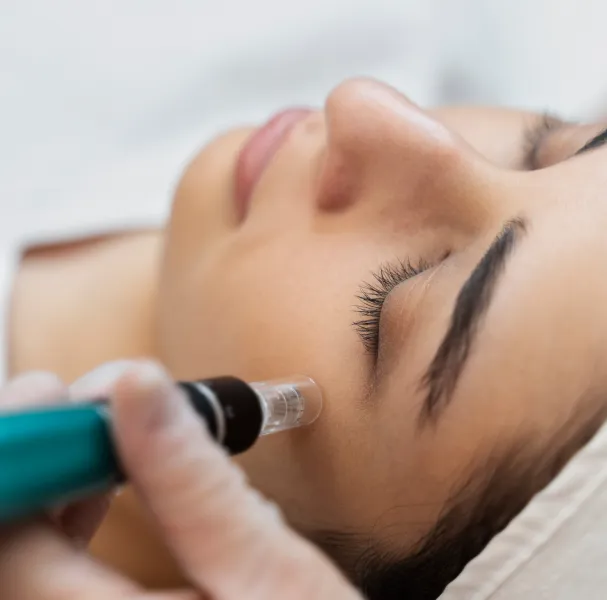
Experience Excellence in Dermatology Treatments in Chennai at Sky Skin and Laser Clinic
At Sky Skin and Laser Clinic, we bring you the finest in dermatology care with a perfect blend of medical expertise and advanced technology. As one of the most trusted destinations for dermatology treatments in Chennai, we are committed to delivering comprehensive solutions for all your skin, hair, and cosmetic concerns. Whether you’re battling chronic skin conditions like eczema, psoriasis, or vitiligo, or seeking cosmetic enhancements such as scar reduction, pigmentation correction, or skin rejuvenation, our team of skilled dermatologists is here to help.
We understand that every skin type is unique, which is why we personalize each treatment to meet your specific needs. Our mission is to empower you with healthy, glowing skin and renewed confidence. With state-of-the-art equipment and a patient-first approach, Sky Skin and Laser Clinic ensures safe, effective, and result-driven care—so you can look and feel your best every day.
Say Hello to Healthy, Glowing Skin
Book a personalized consultation with our expert dermatologists in Chennai to diagnose and treat your skin, hair, or nail concerns with precision and care.
Keloid Treatment
Keloids are elevated scars due to overproduction of collagen. Intralesional injections, laser, and cryotherapy are provided by our dermatology specialists in Chennai for decreasing and controlling keloids with less recurrence.

Before & After

Excess Sweating (Hyperhidrosis)
Facing too much sweating? We have efficient treatments such as Botox injections and iontophoresis therapy to minimize underarm, palm, or foot sweating remarkably and enhance your lifestyle.
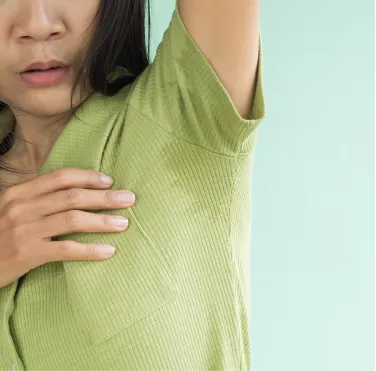
Treatment of Vitiligo
Vitiligo is a disorder resulting in white patches on the skin. Targeted phototherapy, topical creams, and surgical methods such as skin grafting are provided by our clinic to re-pigment safely.
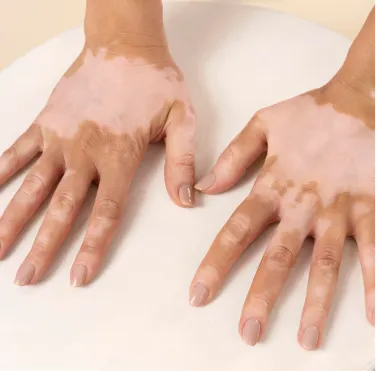
Before & After

Ear & Nose Piercing
Ear and nose piercing is done safely and hygienically with our medical-grade, sterile equipment. Suitable for everyone across all age groups, our dermatologists also provide post-piercing care tips for quicker healing.
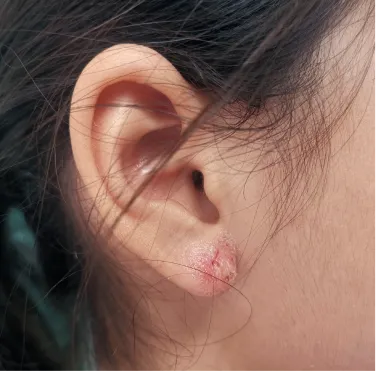
Your Skin Deserves a Strong Start
Enjoy a flat 20% off on your first session — from glow-ups to laser care.
Earlobe Repair
Torn or stretched earlobes? Our dermatologists provide precise surgical repair techniques to restore earlobes to their natural shape with less scarring and downtime.
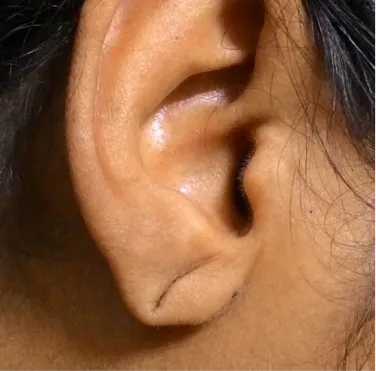
Before & After

Nail Infections & Disorders
Treat fungal nail infections, ingrown nails, and brittle nails with targeted treatments. Our specialists provide antifungal treatments, nail avulsion, and customized care plans to rejuvenate nail health.
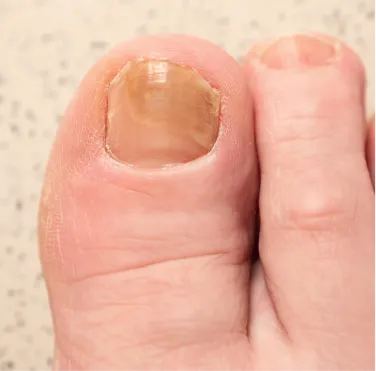
STD Diagnosis & Treatment
Discreet and private treatment of sexually transmitted illnesses. We offer precise diagnosis, counseling, and efficient treatment of STDs like herpes, syphilis, warts, and others.
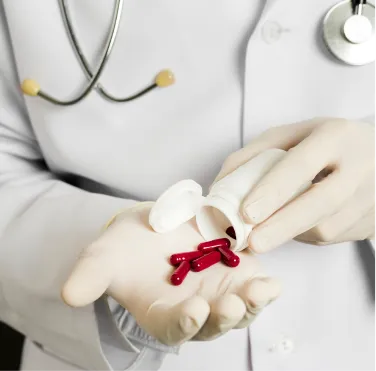
Eczema / Dermatitis
We provide state-of-the-art management of eczema and dermatitis, such as topical steroids, moisturization protocols, immunotherapy, and lifestyle guidance to manage flare-ups.
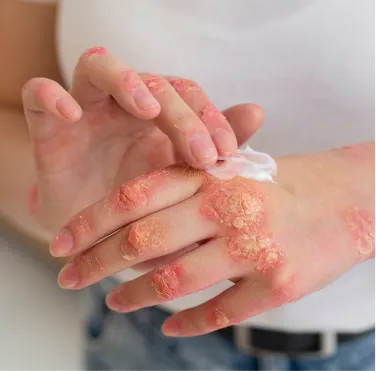
Mix. Match. Save 40% on the Third!
Design your perfect skin combo and get rewarded with a special discount.
Fungal Infections
Our dermatology clinic treats fungal infections like ringworm, athlete’s foot, and candidiasis using oral and topical antifungal medications with guidance for long-term prevention.
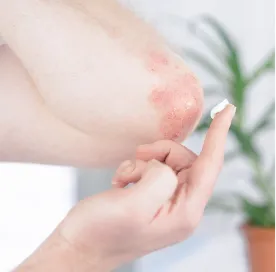
Before & After
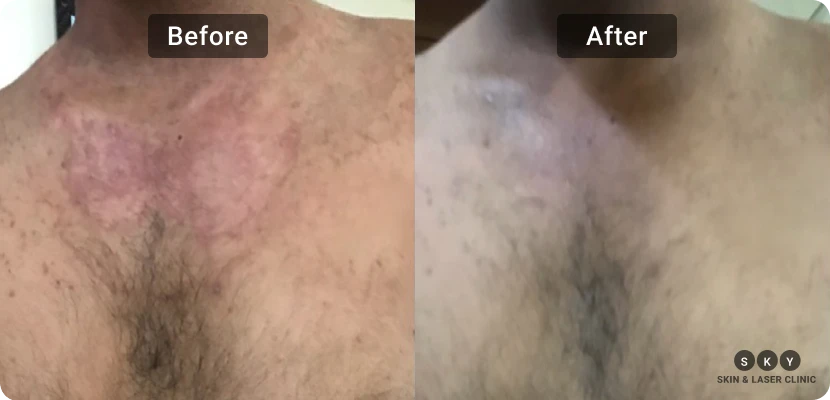
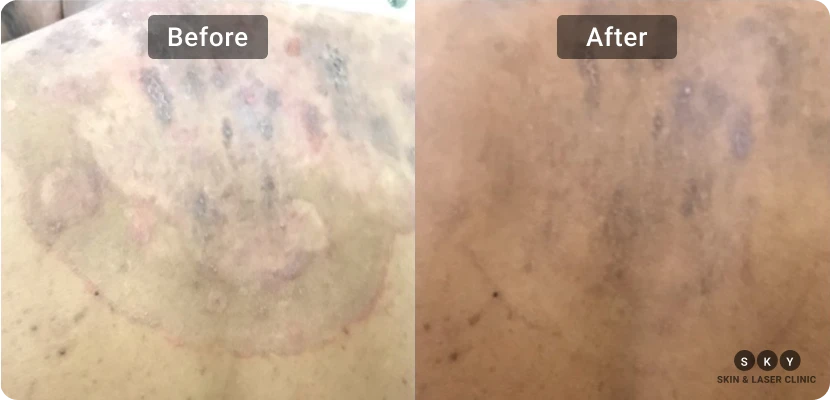
Contact Dermatitis
Triggered by allergens or irritants, contact dermatitis causes itching, redness, or rashes. Our team performs patch testing and offers treatments that reduce symptoms and prevent recurrence.
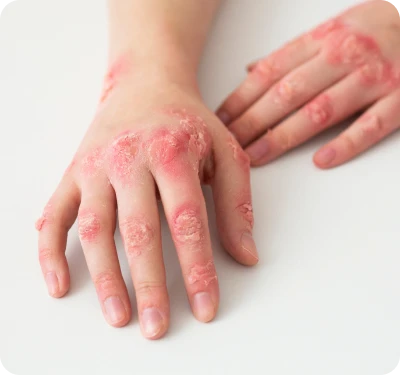
Photodermatitis
Photodermatitis is an allergic reaction to sunlight on the skin. We provide shielding skincare, topical therapy, and phototherapy to treat sensitivity and inflammation successfully.
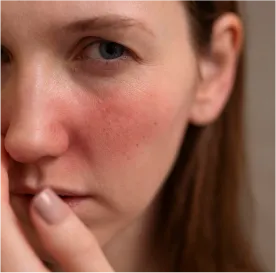
Psoriasis Treatment
We provide state-of-the-art management of eczema and dermatitis, such as topical steroids, moisturization protocols, immunotherapy, and lifestyle guidance to manage flare-ups.
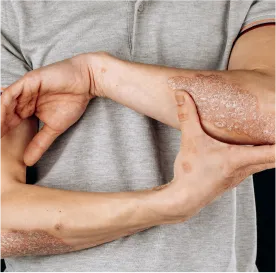
Hear From Our Happy Patients
★★★★★
★★★★★
★★★★★
★★★★★
★★★★★
Frequently Asked Questions
We cure various kinds of skin ailments, such as acne, eczema, psoriasis, vitiligo, fungal infections, contact dermatitis, keloids, and others. We also provide cosmetic dermatology procedures such as scar treatment, anti-aging treatments, and pigmentation correction.
No, you don’t require a referral. You can schedule an appointment directly with our dermatologist for any problem related to the skin, hair, or cosmetics.
If you are suffering from persistent skin problems like itching, rashes, discoloration, or noticeable changes in your skin, hair, or nails, then it’s advisable to see a dermatologist for proper diagnosis and treatment.
Yes, our treatments are safe and are tailored to fit your skin type and condition. We utilize the latest technology and FDA-approved processes to guarantee effective and safe outcomes.
The number of sessions will vary depending on the condition. Some of them respond after a single session, while others might need more than one. You will be guided by our dermatologist after careful consultation.
Reach Out Today, We’re Responsive!
Fill the Form Below to Address your Skin Concerns.
Quick Links
Quick Links
You cannot copy content of this page
Unlock Your Skin Credit - Just One Step Away!
Your journey to glowing, confident skin starts here. Fill in your details and unlock your special credit!
Name*
Mobile*
 +91
+91Select Concern*
Message*
Get 40% off
on 3rd Treatment
Name*
Mobile*
 +91
+91Choose Treatment*
Message*

